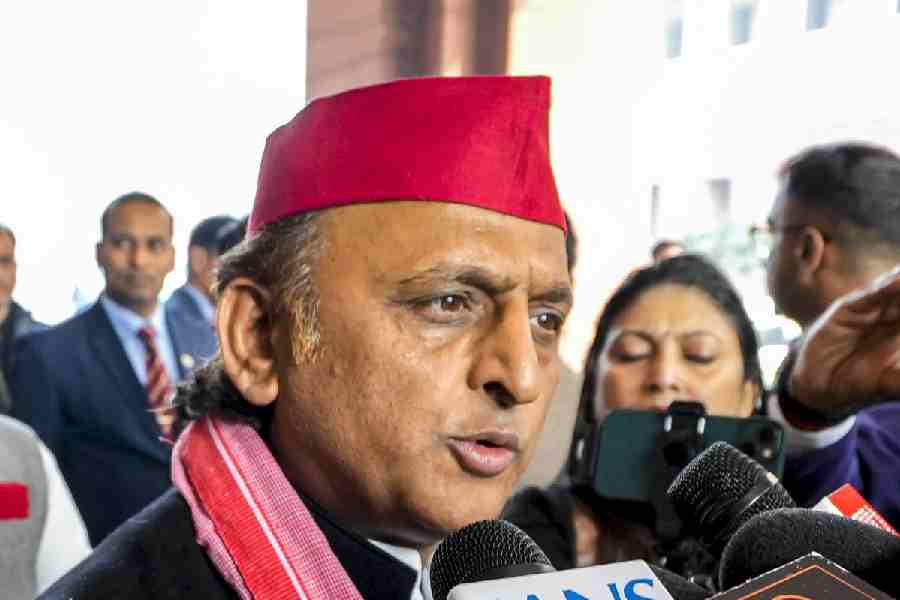Many academic publishers stress the inclusion of marketing information in the proposals they receive. This comes in the form of a standardized questionnaire that asks: How many other books have been published on the same topic? What makes your work on the subject different, and better than these others? Who will buy - not who ought to buy or who will read - this book?
Authors must answer these questions before publishers make an editorial examination of the typescript and offer a contract. To keep up with trends past and present, the author must turn to several sources. Any academic worth his salt must know what has gone before and the merits and
demerits of every book that is mentioned in the standard reading lists of courses. Based on this information, he could make out a case on why a
new book with a new approach was now necessary. This part of the research is easy.
But if the information is not adequate, an invaluable reference is the local bookseller, who is keenly aware of which subjects, and which authors, are running hot or cold. Add this to information provided by the librarian on the frequency with which some titles are issued out and you will have invaluable market direction insights.
It is important to bear in mind not to make exaggerated claims for your work in progress. Publishers always make their own independent inquiries on the potential of the proposal. Besides, no author - unless he has been a publisher and has worked closely with the marketing department - can ever know the ins-and-outs of marketing.
The real problem arises in providing information on what is in the pipeline with other publishers on the same subject. There is no specific source unless the work is in an advanced stage of production when the book is announced in the forthcoming lists of catalogues and in relevant journals. In its early days, book proposals are kept under wraps for the simple reason that publishers don't want their competitors to know what is being considered before the contract is signed just in case it is snatched away with more lucrative offers. It is here that the authors have to work entirely on their own without any assistance from their publishers.
Networking with other academics who work in the same areas is the only answer. This isn't difficult for authors because academics are a closed group . News also becomes 'official' soon after the contract is signed, but this is confined to a select group of academics and interested parties. All the author has to do is collate the bits and pieces of data and make his presentation to the publisher - who then cross-checks to take a final decision.
Increasingly, the marketing questionnaire has become the most important hurdle to cross. There are some dos and don'ts for authors after the contract is signed that doesn't necessarily mean that the agreement would be reneged, but could leave a bad taste in the mouth.
One, don't advise the publisher on the number of copies to print. He knows best. Don't tell the publisher how to market and sell the book. Advise him where to send the book for review or to whom for recommendation. Two, do insist on a tentative publishing date, firmly but politely. Publishers are notorious about slippages and it is best to guard against them.
If the groundwork is done properly, there is a good chance of your work being accepted for publication.
 Sunday, 08 February 2026
Sunday, 08 February 2026









